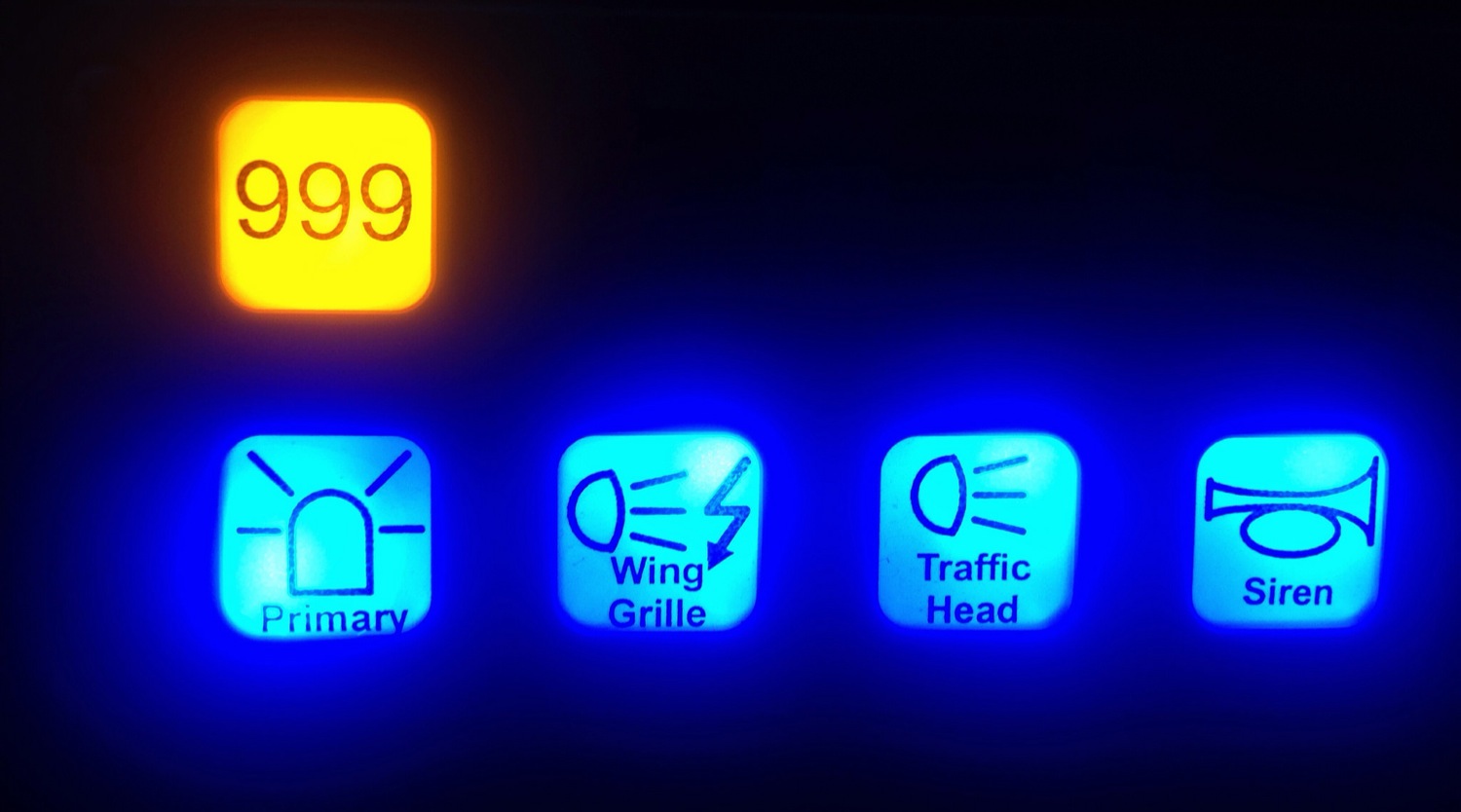Emergency Calls and VoIP have always been a contentious issue, but the need for ever increasingly innovative and cheaper ways of communicating means the tensions are getting worse than ever.
Despite what many of you may think, Regulatory Affairs is fun. Bear with me for a second. This isn’t quite like a train spotter defending a book of carriage numbers as fun (though for them I am sure it is). Regulatory Affairs is a truly multi-disciplinary job. Each day, I have to be a little bit telecoms engineer, lawyer, accountant, economist, lobbyist, salesman, compliance officer, and more. My work this year has taken me to documents in the British Library regarding the 1984 privatisation of BT that were pertinent in a dispute being argued at Ofcom, and I am currently working and planning on charge control periods for 2016-2019 and beyond. Every day you get to be at the leading edge of technological environments, helping businesses understand the regulatory environment and coming across some wonderful problems and innovations.
That fun gets drained, though, when it comes to 999 (or 112 for our European brethren…and I think we can all safely say we know 911 is America). Lives are at stake, and it is rightly a very important topic, however much I despise having to deal with issues arising from it.
There are two pieces of history that tie on to why we have the 999 environment we have today. The first one, serious and sombre, is that the foundations of the regime today came about following the 1986 Hungerford Massacre where the local exchange couldn’t handle the volume of calls as Michael Ryan perpetrated his horrific crimes. There were only two lines into the 1986 equivalent of a call handling authority for Newbury at the time. The second is more interesting than serious, that being that the design of pay phones in 1925 was such that the dial was fixed but the number 9 and 0 could be used — the former thrice for emergency services and the latter for the operator — without having to put money in to release the dial. The urban myth is that it was chosen in the pulse dialing days because overhead wires could touch in high wind and send a 1 pulse … if done three times in a certain period would make a false call. The avoidance of this was simply a fortunate consequence of the pay phones.
More recently, in the late nineties, we have had significant improvements to location information databases, we’ve had the rise of mobile phones and the location information therein, and we’ve also had the ability to text 999 (pre registered users with special needs as I recall). In amongst all of this we have VoIP, one of the most important innovations in telephony for a generation. Today I can sit in a hotel in Brazil and make calls presenting my UK 0208 number. More importantly, I can make such calls from an app via a smartphone connected to a switch/PBX/platform in the UK that doesn’t even know I am abroad.
So what on earth happens when I dial 999?
That instance is simple; apps should probably just let the handset deal with it natively so as to pass on all the relevant information….. but what if I sign into a hosted PBX in my colleague’s home office and something goes wrong? I’ve been a good boy as a homeworker and the call handling authority would see the address of where I am most often – my own home office. Thankfully, Emergency Calls are presented to the call handler in two ways, based on a prefix the originating network places on the call — there’s one for old school legacy TDM fixed network that says “reliable address” and there’s a second one that says “unreliable address” used for roaming VoIP. Cutting a very complex story short, that triggers a different script for the operator to follow. The mobile world is somewhat different and their location information plans regarding GPS chips etc. will undoubtedly save lives. We’ve managed like this for coming up to a decade, since Ofcom made its last pronouncements on VoIP and Emergency Calls. All well and good.
The legacy broadband superimposed over narrowband copper voice world has a short shelf life now, though. Various government bodies and Ofcom are consulting and whatnot on how to deal with Emergency Calls when we can’t rely on the BT Exchange to power the line (the narrowband voice at least) should the wider electricity supply be compromised. Right now if there’s a power cut at home I will lose broadband and my phone. I can, however, go to the garage, dig out an old phone and plug it into the master socket and knock myself out. The current regulatory/government consensus is that data-only/wires-only/naked services should have at least one hour battery backup to remove this potential problem.
Wow. 1 hour.
Essentially then, in a VoIP only world (or strictly VoIP or other technology over naked DSL or somesuch), if someone wants to axe-murder me during a power cut I am in deep trouble if nPower cannot get their ducks back in a row within 59 minutes and 59 seconds.
According to Ofcom’s own research, 26% of socio-economic group DE households are now mobile only (16% in other groups if you are interested). They are relying today purely on whether they’ve remembered to charge their phone and/or Apple have invented a hydrogen cell, as opposed to the usual offering making you reminisce for an old Nokia and that the local masts have sufficient backup power in a prolonged outage too. I suppose, in my alluded to axe-murdering power-cutting thunderstorm I would also have my mobile, but everyone knows I have to carry around a 14000mAH battery pack because I always forget to charge my phone! This situation in itself is why I am surprised that the fixed requirement is just one hour…… after all, we are familiar with the snowmageddonwe endure each winter, with communities sometimes cut off for days.
At times I get the impression (and I have some sympathy with this position) that some VoIP companies would like to be able to just have a disclaimer that says “This device/service cannot be guaranteed to be able to make Emergency Calls” or somesuch. With the growth of VoIP and our need to have this technology widely accepted and embraced by the populace — and our desire to not pay for the line card and metallic path to the voice processor in the exchange — I don’t think that just making it someone else’s problem will wash….. you can just see the Daily Mail headlines now.
That all said, the solution isn’t a room UPS for every household, nor is it a hot-standby generator for every street. We also cannot avoid much longer the roaming VoIP location information issue; a return to the pre 1998(ish) situation of the caller having to give their address would be retrograde. That will make it interesting, and for once, I may not actually hate dealing with Emergency Calls in Regulatory Affairs either.
This is a VoIP week post on trefor.net. Check out other VoIP themed posts this week:
Why are major telcos afraid of encrypted VoIP? by Peter Cox
Emergency calls and VoIP by Peter Farmer
VoIP, the Bible and own brand chips by Simon Woodhead
Why the desktop VoIP telephone isn’t going away by Jeff Rodman
Small business VoIP setup by Trefor Davies
VoIP fraud-technological-conventionality-achieved by Colin Duffy

